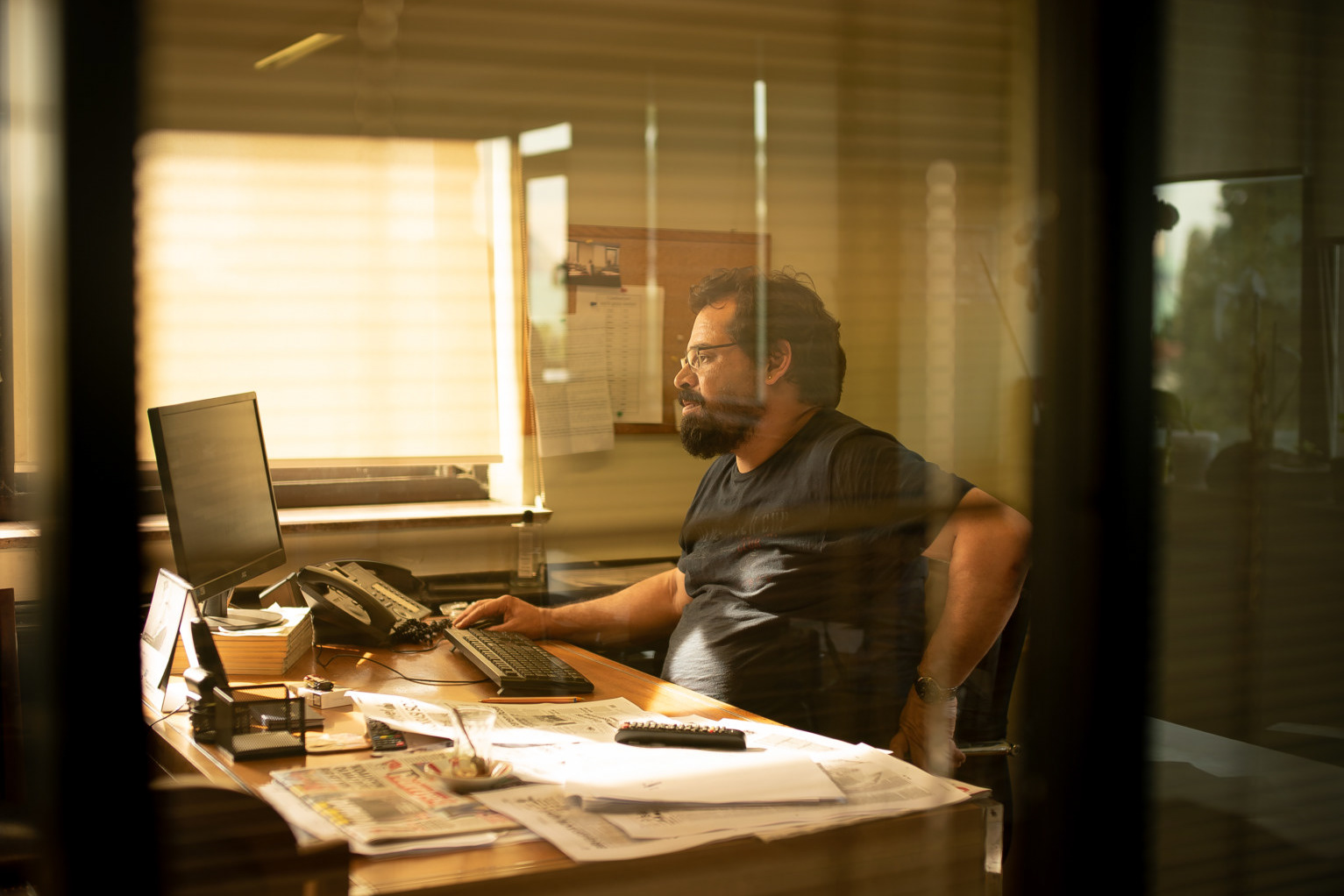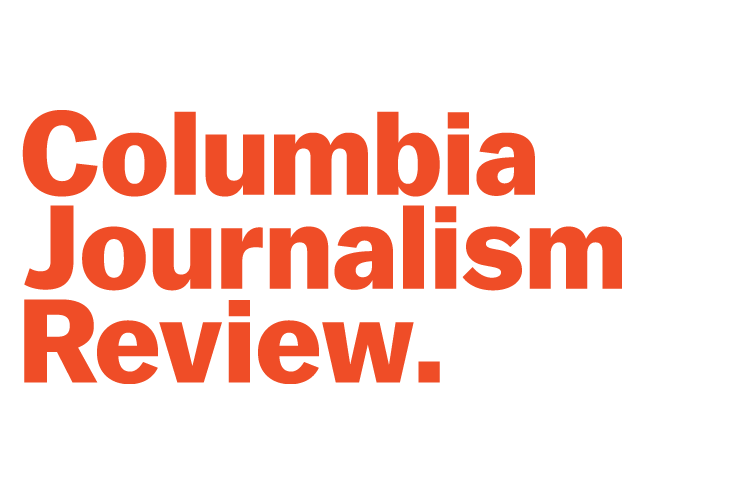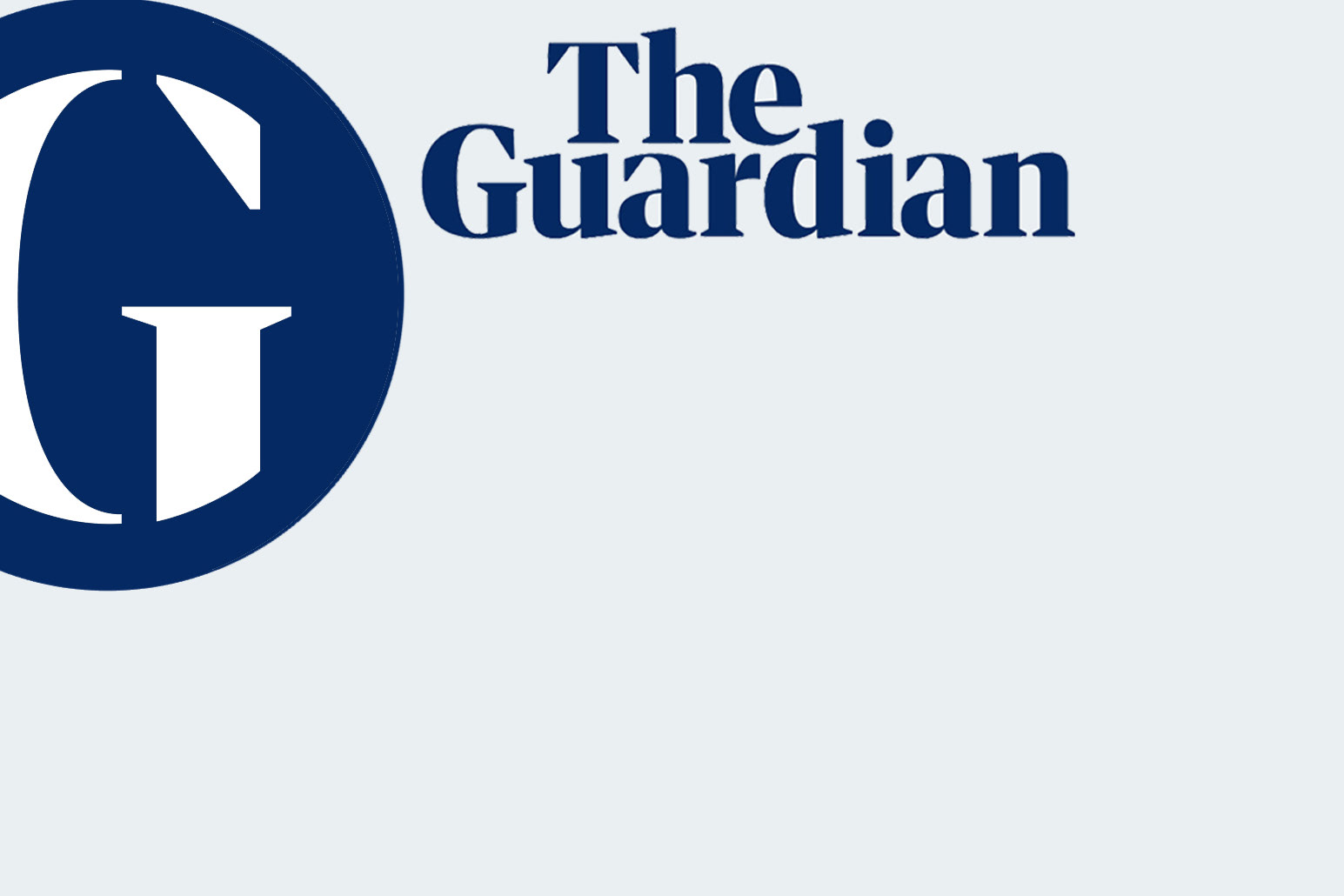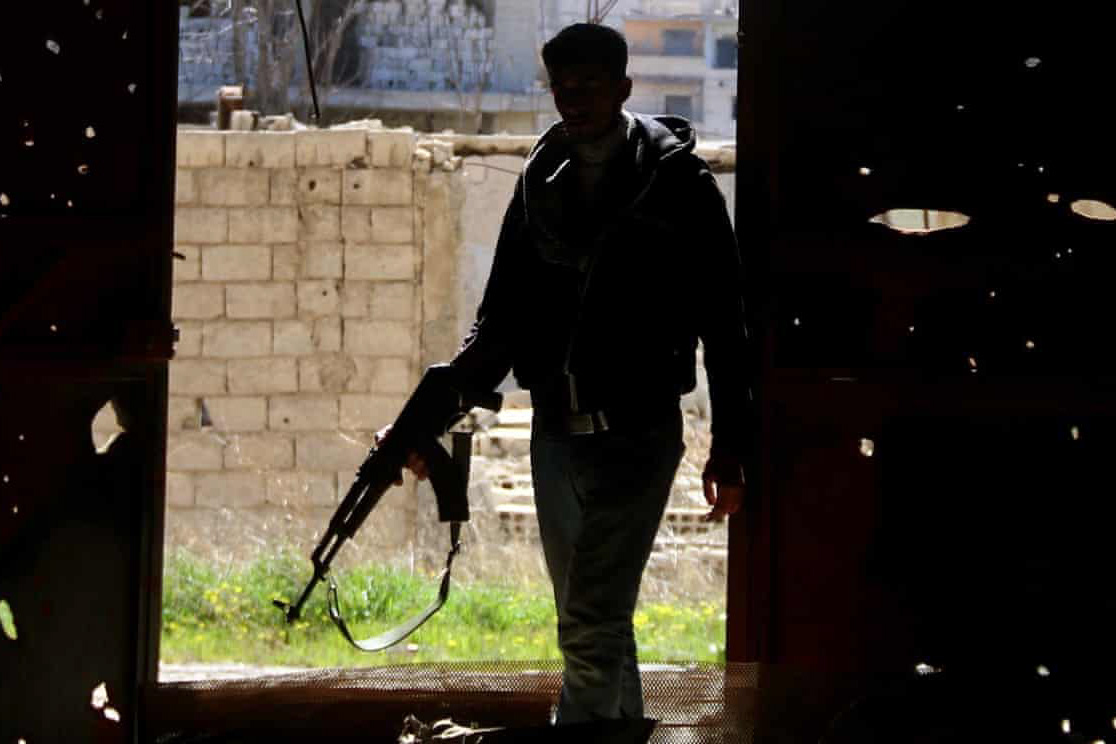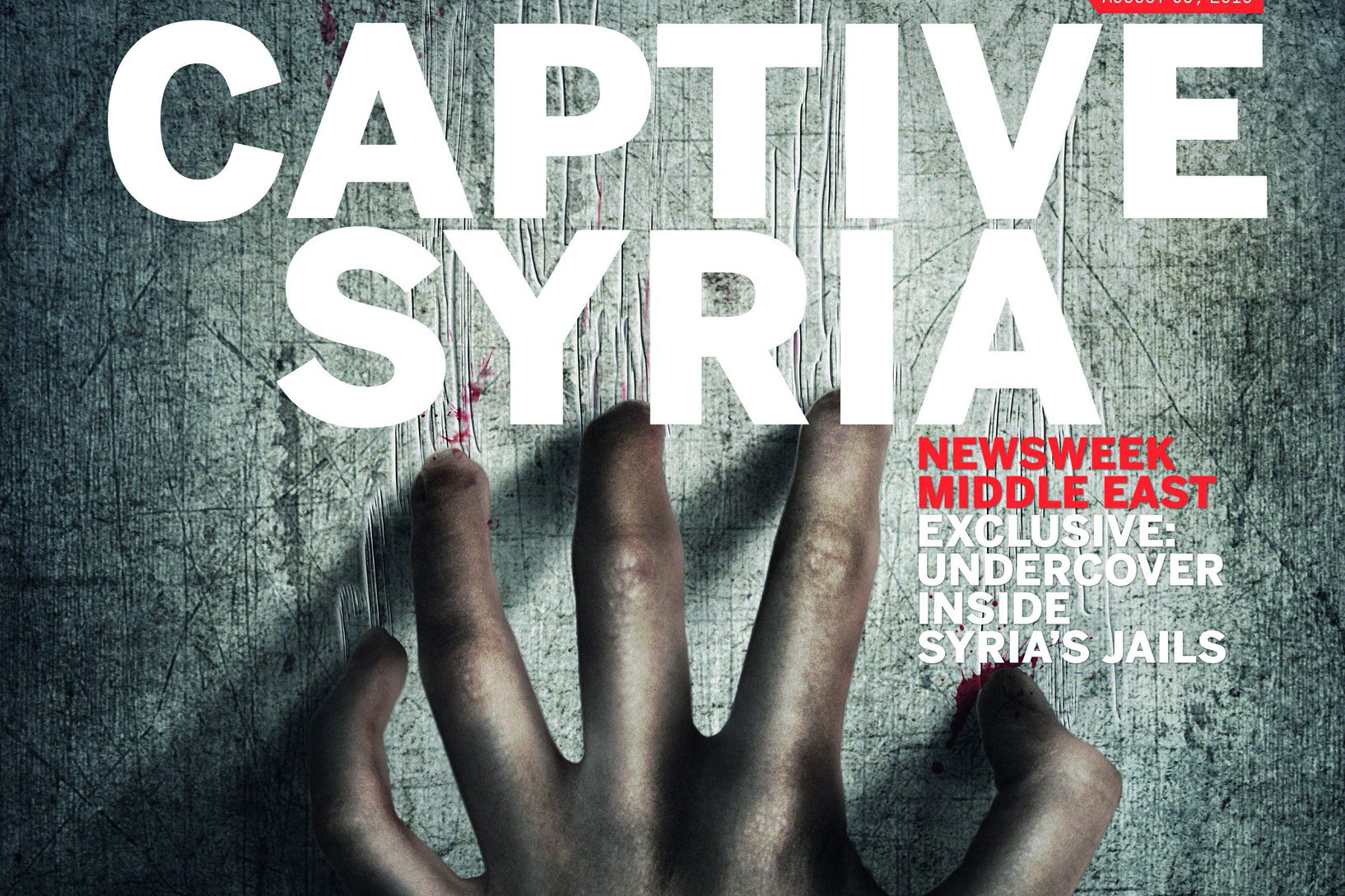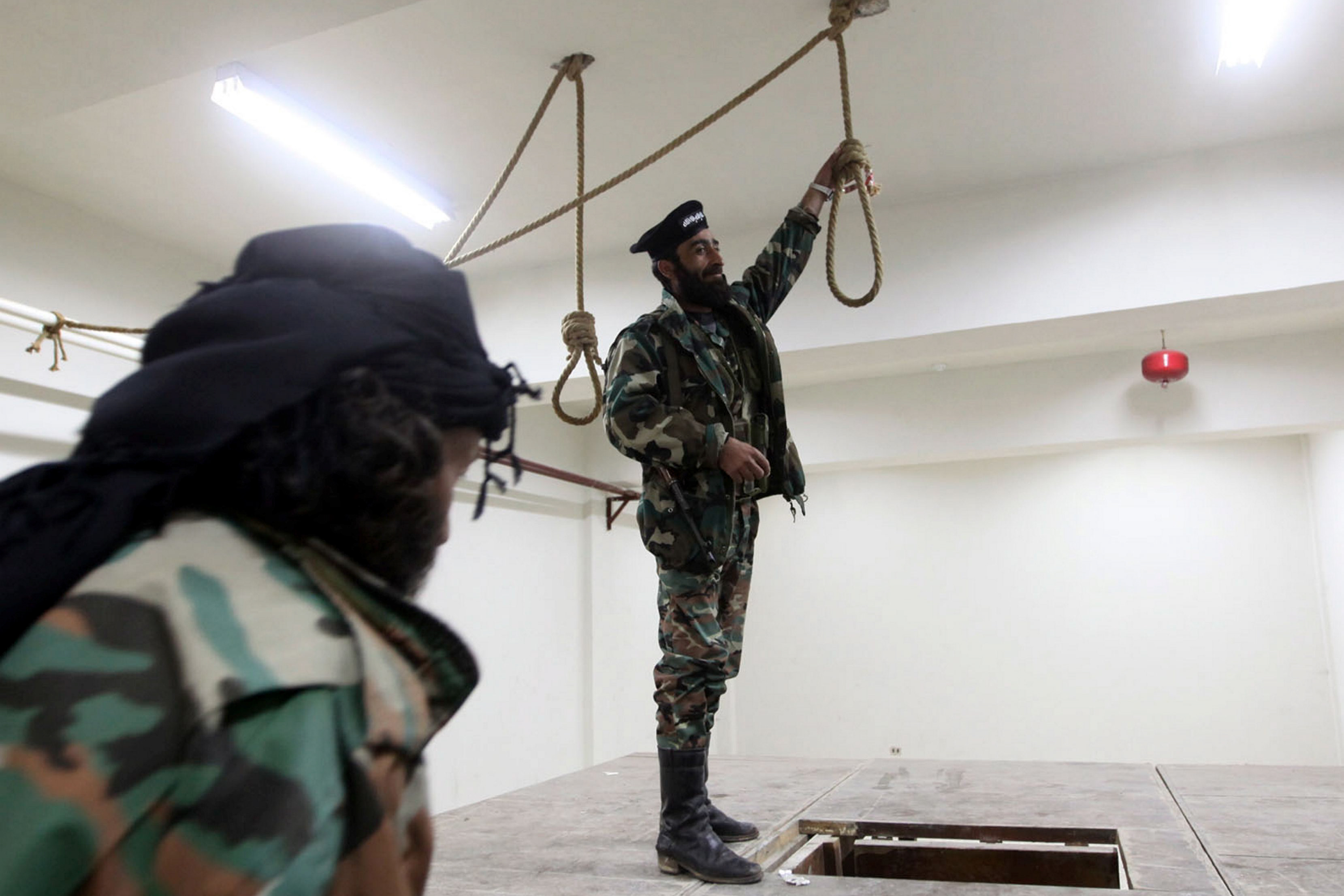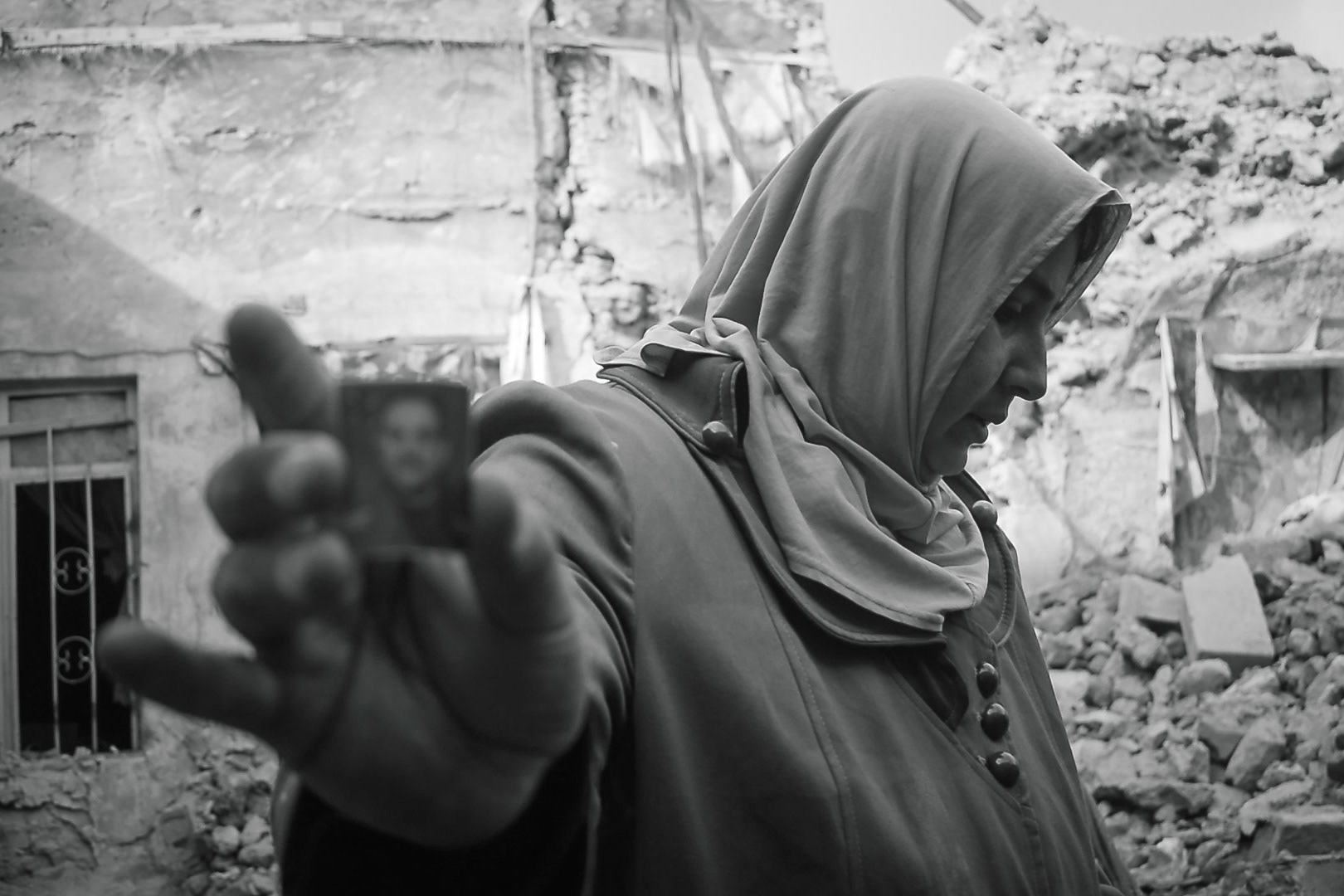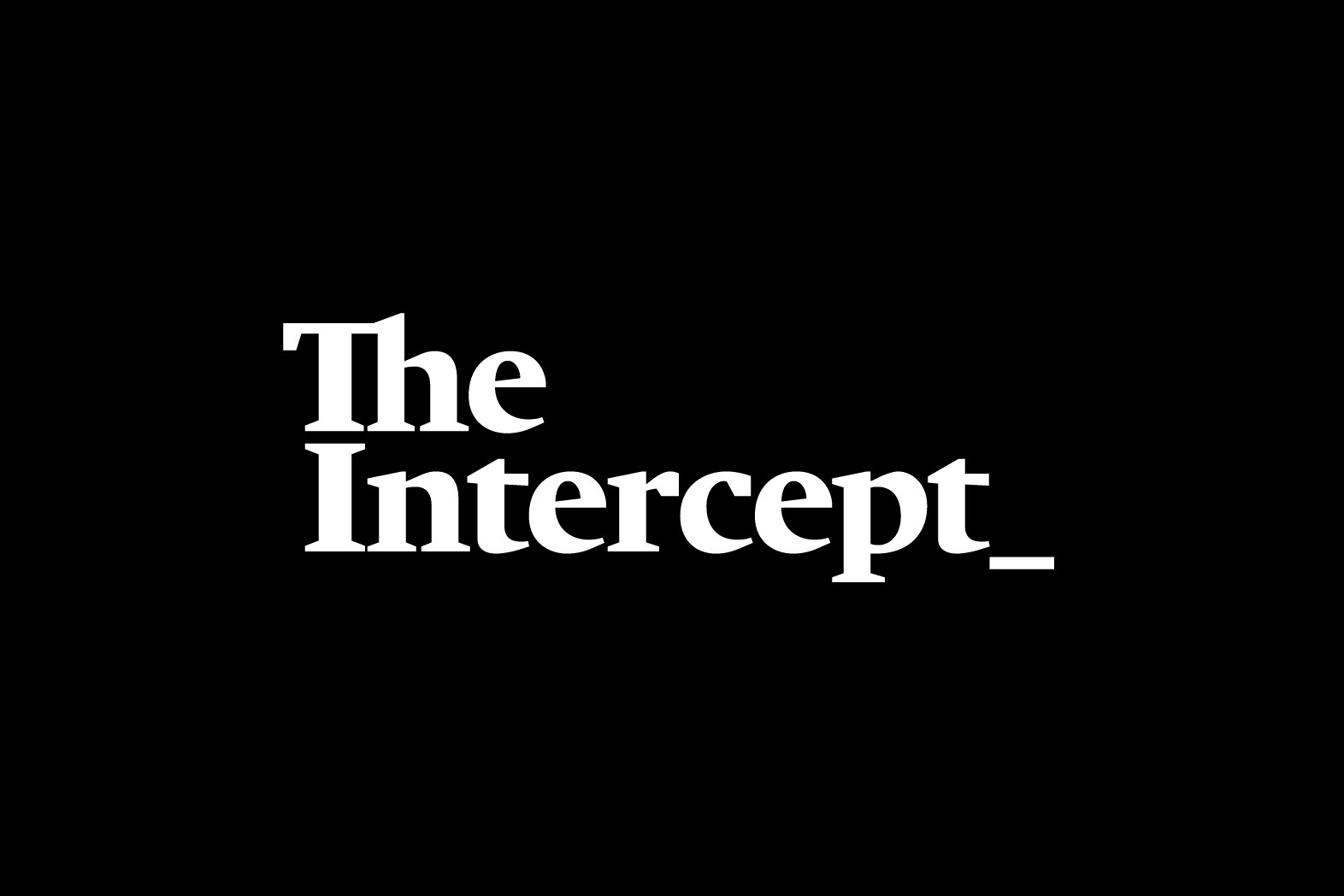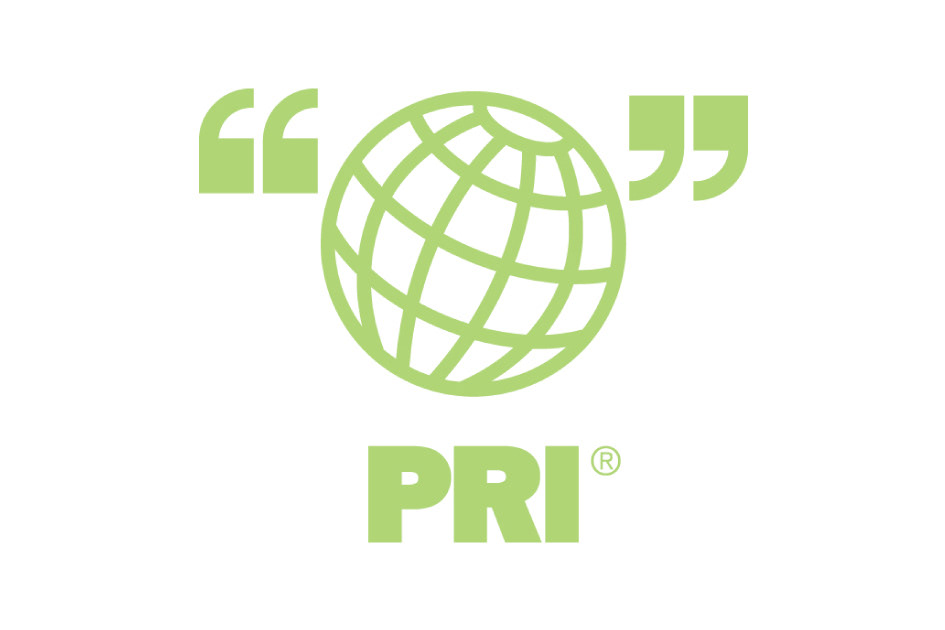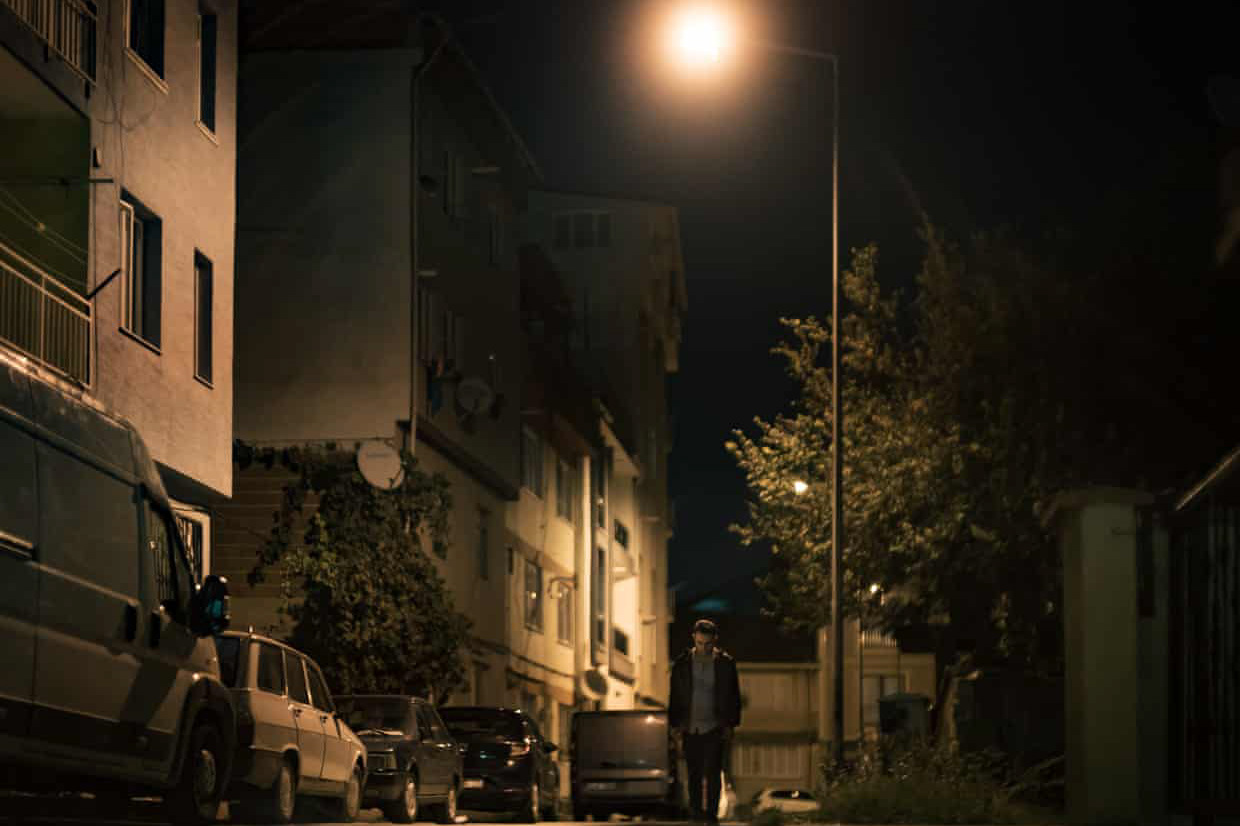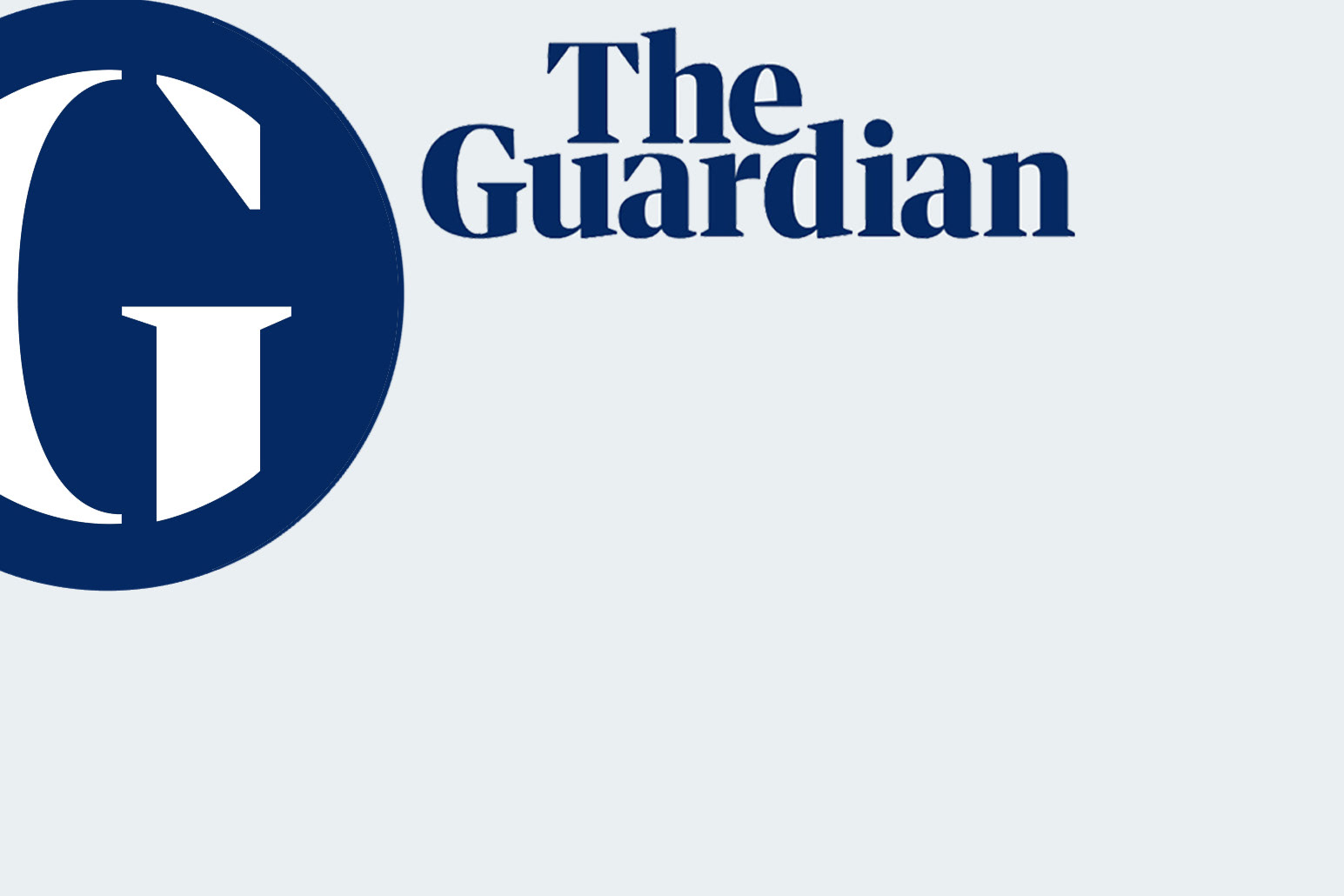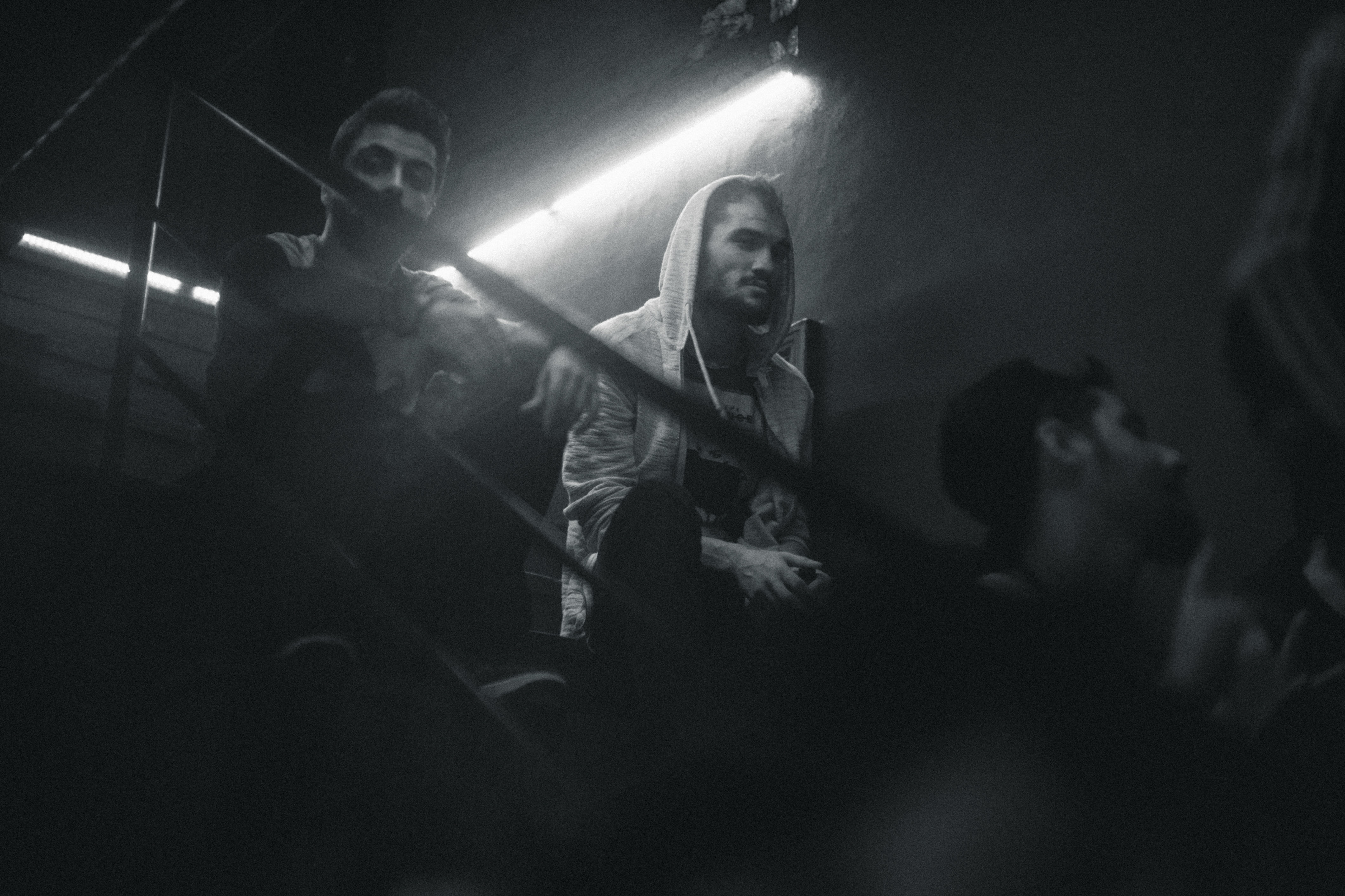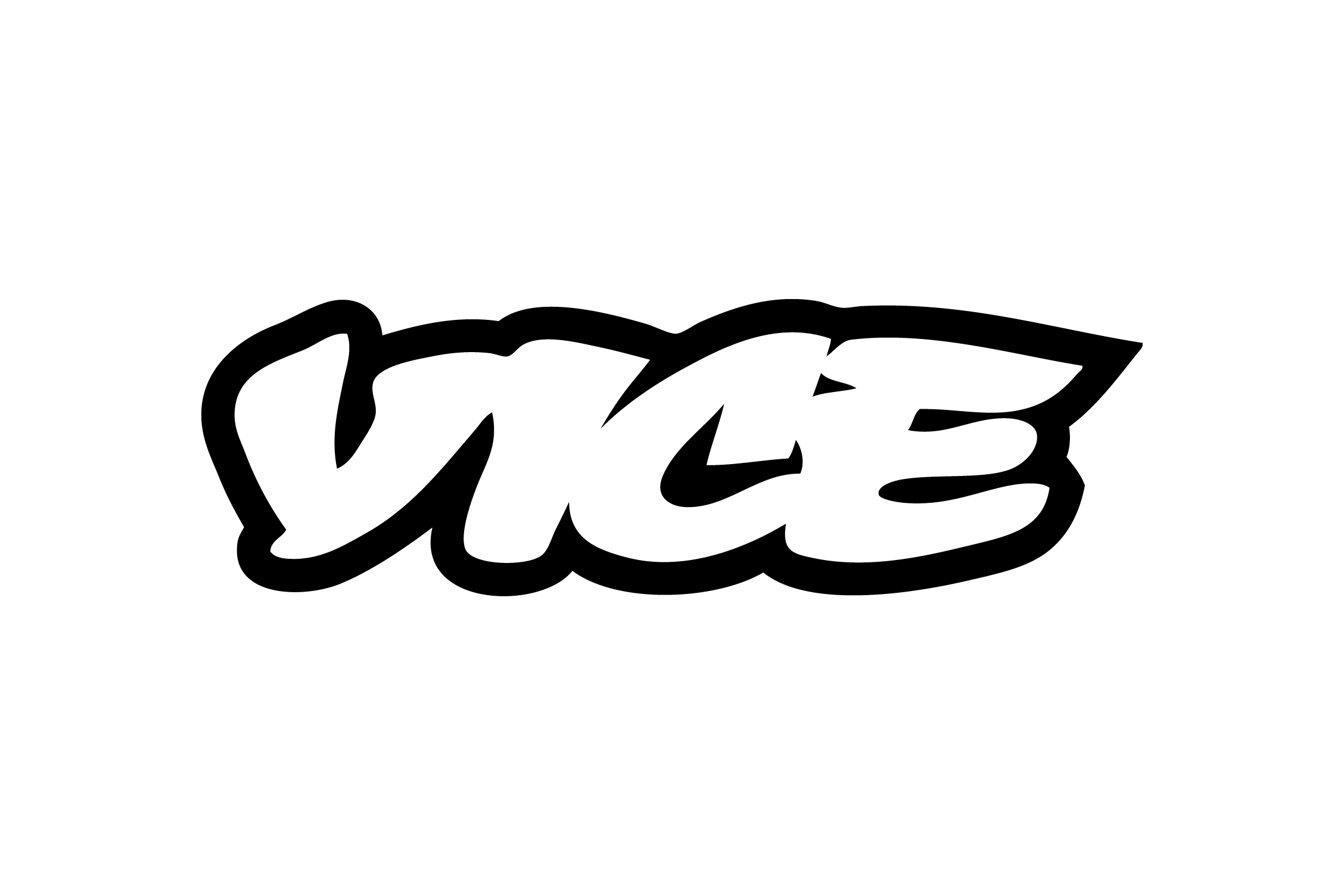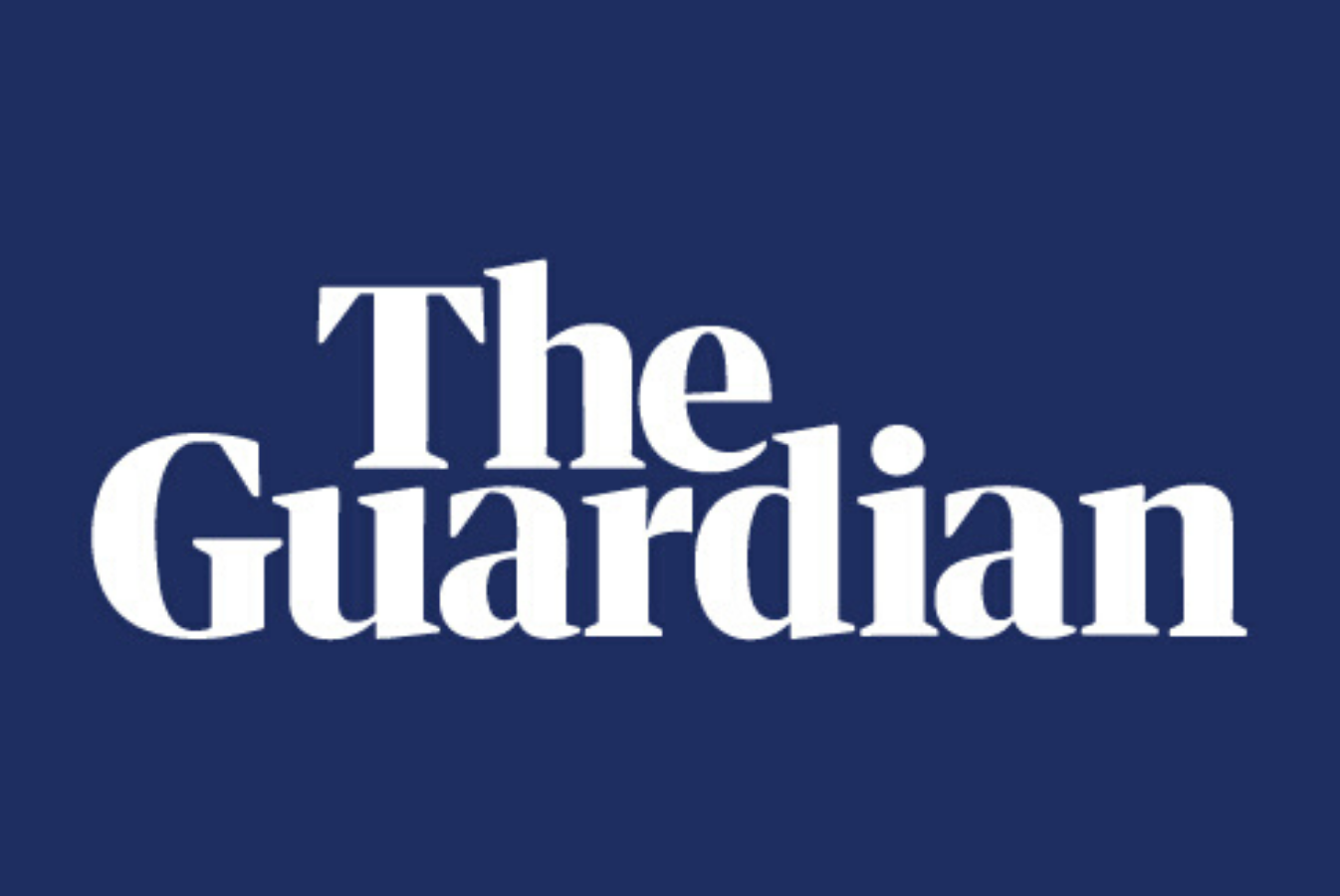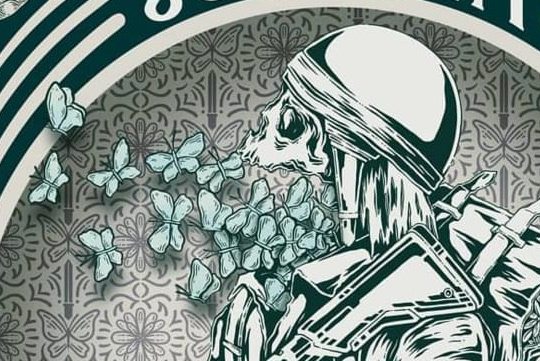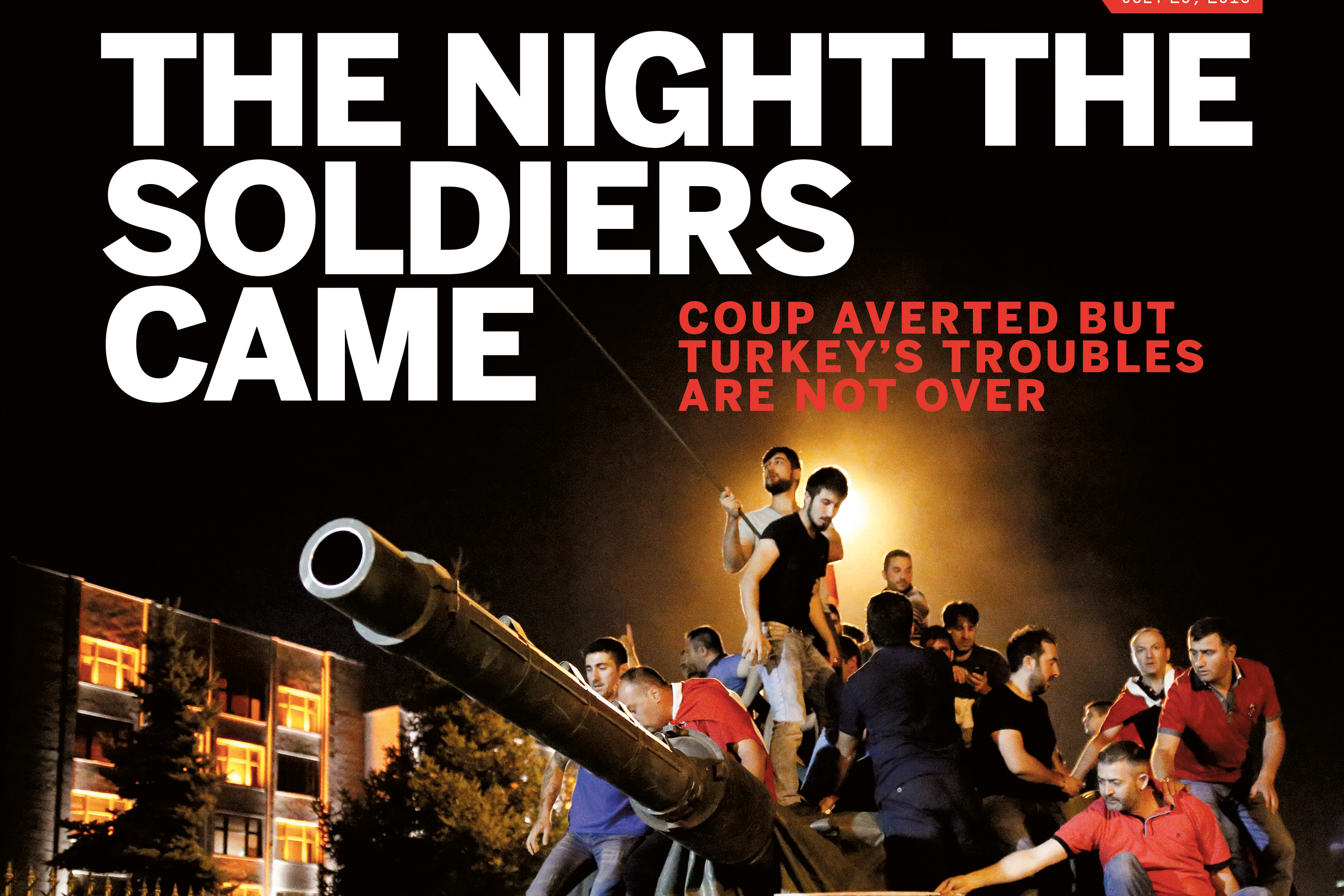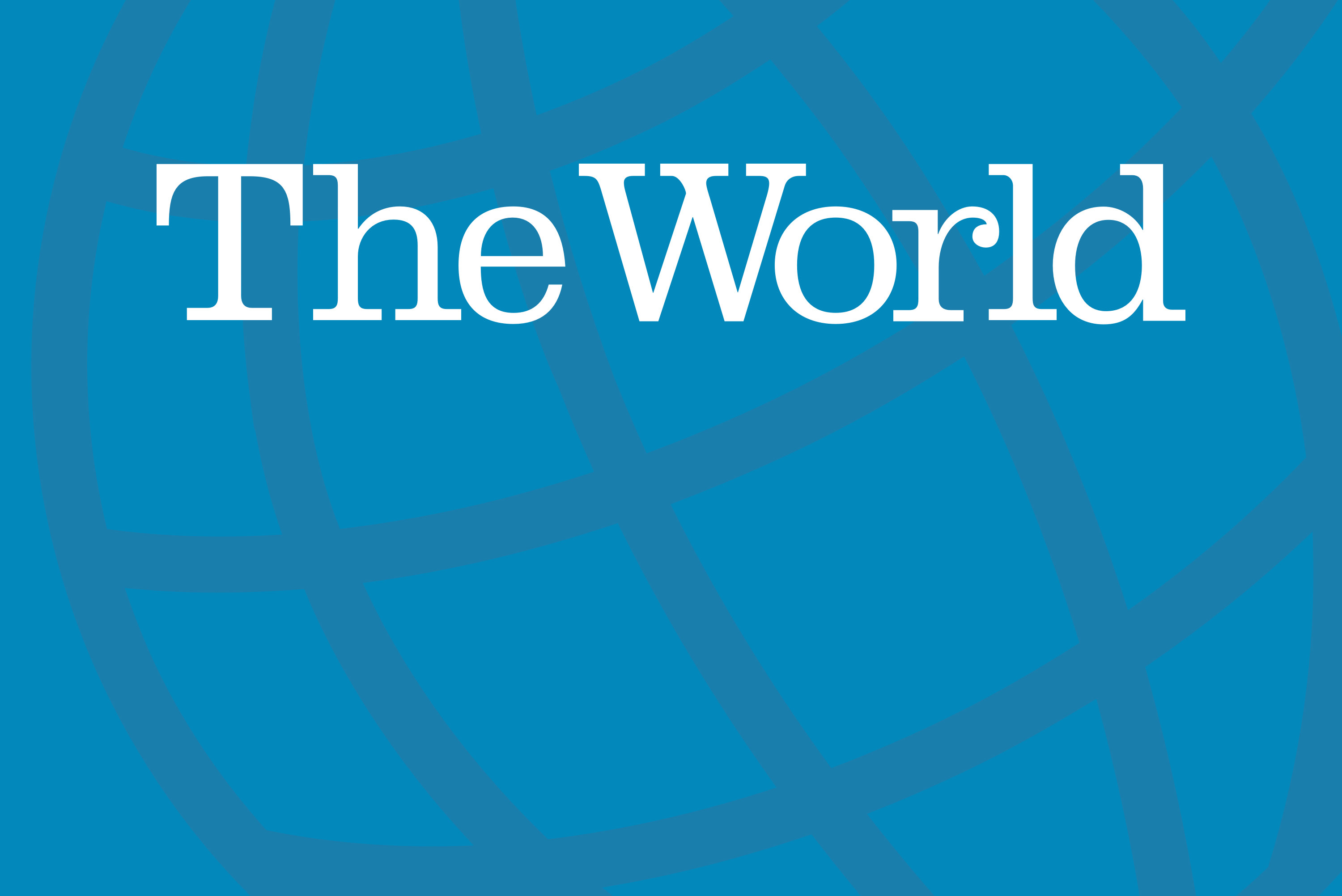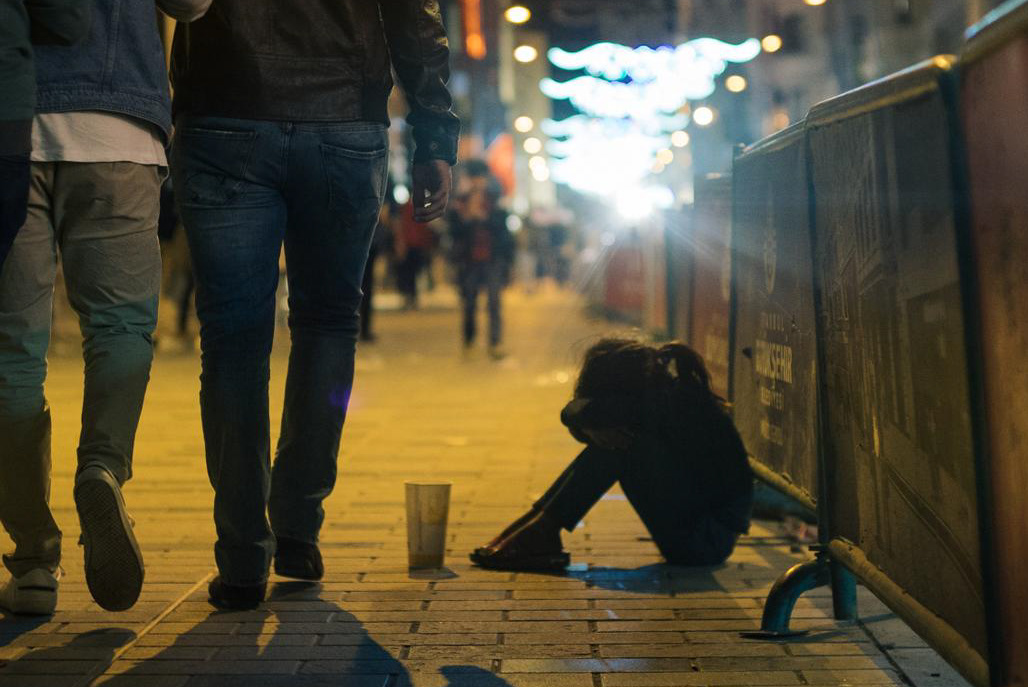MOSUL, Iraq — Everyone knows Qusay Abdullah’s name in Tel Roman, his neighborhood on Mosul’s west side, which just a year ago was under the iron-fisted control of the Islamic State group. Today he is filled with energy, shaking hands and greeting residents one after another as he campaigns for a seat in Iraq’s parliamentary elections. Hailing from a poor area in a city still badly scarred by the war, Abdullah, a 33-year-old school principal, is hoping that come this Saturday his name will be known throughout the country.
Iraqis go to the polls Saturday, in the first peacetime elections in more than eight years. In the summer of 2014, when the last national elections were held, the extremist Sunni militants overran Mosul, Iraq’s second-largest city, and seized control of more than a third of the country’s territory.
Abdullah is one of the new faces hoping to trade bullets for ballots and break into politics to repair a dysfunctional government, healing the problems that led to the rise of ISIS.
And for the first time since the U.S. invasion of Iraq in 2003, a diverse field of candidates and parties are campaigning on issues rather than strictly along ethnic and religious lines. While the division between Sunni and Shia Muslims remains an undeniable factor in Iraqi politics and society, many candidates have begun to reach across that rift and appeal to voters on the basis of shared interests — an important step away from the legacy of the American occupation and the institutionalized sectarian divisions it left behind.
Shawn Carrié and Pesha Magid
May 11, 2018
Qusay Abdullah, in suit, speaks with potential voters as he walks on his street in the poor neighborhood of Tel Roman in Mosul. (Photo: Shawn Carrié for Yahoo News)
MOSUL, Iraq — Everyone knows Qusay Abdullah’s name in Tel Roman, his neighborhood on Mosul’s west side, which just a year ago was under the iron-fisted control of the Islamic State group. Today he is filled with energy, shaking hands and greeting residents one after another as he campaigns for a seat in Iraq’s parliamentary elections. Hailing from a poor area in a city still badly scarred by the war, Abdullah, a 33-year-old school principal, is hoping that come this Saturday his name will be known throughout the country.
Iraqis go to the polls Saturday, in the first peacetime elections in more than eight years. In the summer of 2014, when the last national elections were held, the extremist Sunni militants overran Mosul, Iraq’s second-largest city, and seized control of more than a third of the country’s territory.
Abdullah is one of the new faces hoping to trade bullets for ballots and break into politics to repair a dysfunctional government, healing the problems that led to the rise of ISIS.
And for the first time since the U.S. invasion of Iraq in 2003, a diverse field of candidates and parties are campaigning on issues rather than strictly along ethnic and religious lines. While the division between Sunni and Shia Muslims remains an undeniable factor in Iraqi politics and society, many candidates have begun to reach across that rift and appeal to voters on the basis of shared interests — an important step away from the legacy of the American occupation and the institutionalized sectarian divisions it left behind.
Abdullah, left, hopes to enter Iraq’s Parliament on a platform of cleaning out the corrupt establishment in Baghdad and advocating for his city. (Photo: Shawn Carrié for Yahoo News)
“Some candidates are rich and have a lot of resources,” Abdullah tells Yahoo News. “My campaign is just to talk with people.” The area in which he grew up, Tel Roman, was poor even before the war. With nothing to do, most young men stand around gossiping. Three out of four young people are without jobs, Abdullah says. Even after the city was badly damaged in the Iraqi and U.S. coalition campaign to retake Mosul, the government has done little to begin the rebuilding and renewal process.
“The old politicians haven’t done a single thing for Mosul — only for themselves,” Abdullah says.
Baghdad’s political class is widely seen as corrupt, and people on the street do not hesitate to show their contempt.
Walking just to the end of his street in Tel Roman, Abdullah finds himself in a dozen conversations about his campaign and confronting his neighbors’ skepticism about entering the political process.
“The problem with this country is with the politicians, not with the people,” exclaims Sultan Aziz Abu Hasan, a clerk sitting behind the desk at a small pharmacy.
“We need to get those thieves out,” says Fizza Ali, as a crowd listens attentively to the debate about democracy between the candidate and voters.
The disillusionment is profound, but Abdullah is hopeful that an earnest campaign will restore not only some trust in the political process but also his neighbors’ faith in politics — by seeing one of their own in office. “Most people didn’t believe I’m this election’s ability to change their situation,” Abdullah tells Yahoo News. “But I try to change their minds, I tell them, ‘The decision is yours about what will happen.’”
In the last election, just 64 candidates ran in the entire province of Nineveh, of which Mosul is the capital. This time around there are more than 900 — so many that they have been given numbers. Every main street in the city is papered with campaign posters urging voters to remember candidates by ballot number, if not by their photo.
Abdullah is part of a tiny new party, Democratic Path, that aims to win a place among the 32 seats up for election in Nineveh province.
Another first-time candidate from Mosul is Nawal al-Malaali, a schoolteacher running with the Masses of the Nation Party. Her own house was destroyed in the war against ISIS. She says she’s running because she wants to rebuild Mosul’s most destroyed areas, which nine months after the fighting still lie in rubble. To her, bringing new faces to power is a necessity. “If we do not see a change, the Islamic State will return not just once,” she says. “It will return many times because it was caused by chaos, corruption and a lack of responsibility for the country.”
Since the invasion, Iraq’s government has been divided by sectarian quotas. The U.S. caretaker government devised the system to try to manage and contain sectarian rivalry during the occupation, but according to most critics the quota system just institutionalized it. Competing political blocs rigidly divided by sect fought for power in the government, putting the interests of their own communities first while ignoring the needs of Iraqi citizens as a whole.
“The government became not an entity that helped with delivering services, making developments and stabilizing the country [but] an entity where sectarian and ethnic groups negotiate and divide institutions between themselves,” says Harith al-Qarawee, an Iraqi political analyst at the Atlantic Council, a Washington-based think tank.
The years following the invasion were devastating for Iraq. Civil war broke out in 2006, and ISIS emerged in 2014. Hundreds of thousands have died; more have lost their homes and loved ones. It is hard to find a single person in Mosul who hasn’t lost at least one family member.
Problems like corruption, institutionalized sectarianism and government dysfunction created the conditions that gave rise to ISIS. “The overall political and institutional framework … created the situation in which IS with a few hundred fighters managed to control the second-largest city in Iraq [Mosul],” Qarawee says.
But it was ISIS itself, with its violent totalitarianism, that helped unite Iraqis against a common enemy. While divisions are still strong and the sectarian quotas for government positions remain in effect, these elections represent the first time in years where the boundaries between Sunni and Shia politicians have begun to ease.
In past years, the major political blocs were strictly divided along religious lines — Shia parties ran Shia candidates and catered only to Shia voters. That’s gradually changing now: With Sunni parties decimated after the war, the ruling Shia parties swept in to fill the gap. Ahead of the election, incumbent Prime Minister Haider al-Abadi has been campaigning in Sunni-majority areas and opening up his coalition to Sunni candidates — something unimaginable four years ago.
“There is a fragmentation within the sectarian blocs … [which might allow] coalitions for cross-sectarian alliances,” Qarawee says. “It’s a slow process, and this is just the beginning.”
The creeping threat of ISIS looms in the background of the elections, making these small steps even more uncertain. Last week, ISIS claimed responsibility for a mass shooting that killed eight civilians in Baghdad and the assassination of a parliamentary candidate from Mosul.
Some politicians feed off these attacks, using them to ramp up fear and sectarian mistrust in the effort to galvanize their base. But for Abdullah, getting rid of the sectarian bureaucrats is part of his platform. Standing surrounded by a gaggle of children and locals, he turns to a boy of about 5. “What are you?” he asks gently. “My name is Ged,” says the boy. Abdullah laughs. “No, what is your country?” he clarifies. “Iraq,” says the boy more confidently.
“You see? He says Iraqi,” Abdullah says, turning to the crowd triumphantly. “Sectarianism does not divide us — politicians created it. When the killers came, sons of Mosul, sons of Erbil and sons of Basra participated in the liberation.”
Despite sincere overtures to voters, grassroots candidates like Abdullah face an uphill battle. While some politicians are able to spend millions on advertisements for their campaigns, Abdullah spent just $20,000 raised from friends, family and his own savings. On top of that, the ruling parliamentary coalition recently approved electoral reforms that favor the establishment and stack the deck against small parties and independent candidates.
But it is precisely because the odds are against them that Abdullah and Malaali are determined to make their way into office, and bring new blood where it’s most needed.
“If you do not change yourself, it is impossible for you to change,” says Malaali passionately to a roomful of supporters. “You yourself must have the will to change. Even if we only change 50 percent, that would be enough.”
